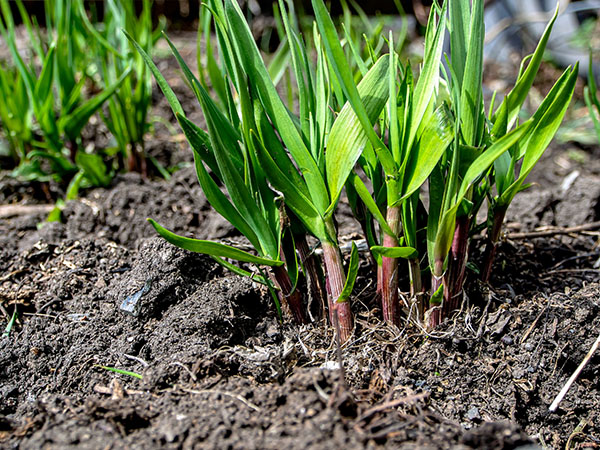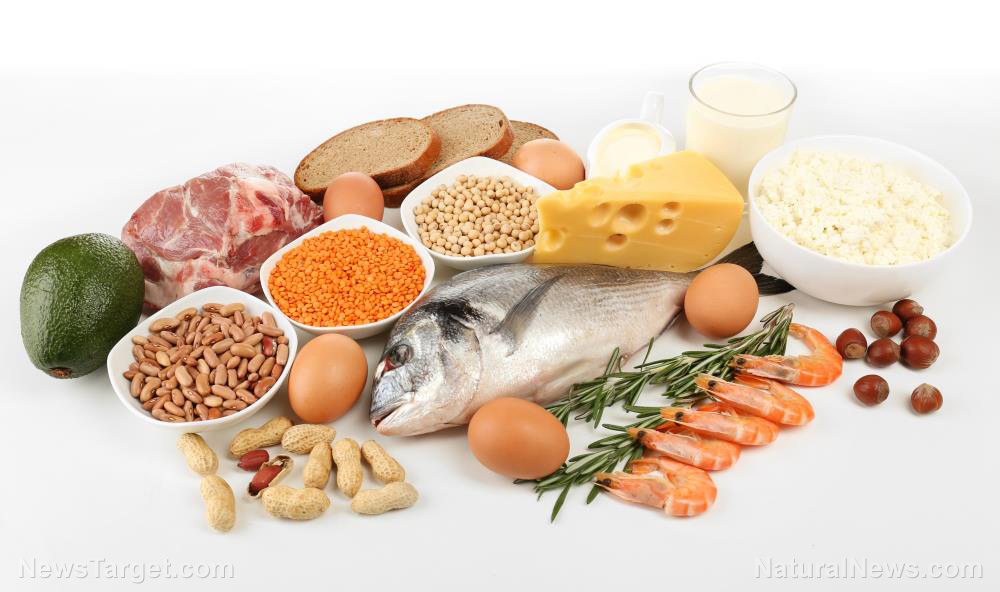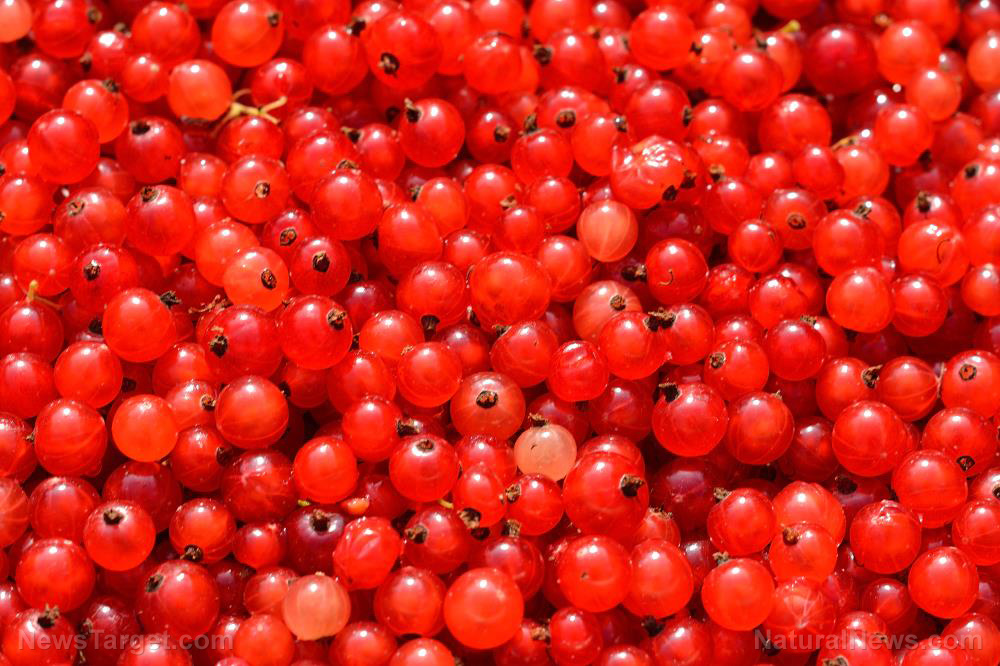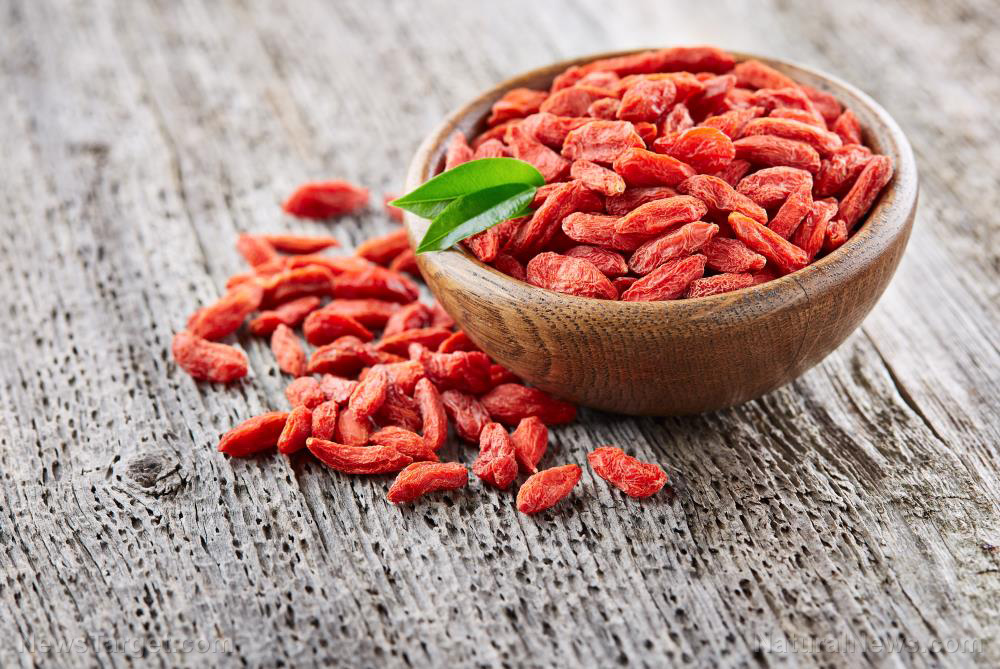Mitigate the harmful cardiovascular effects of L-carnitine supplements with POMEGRANATES
08/11/2025 / By Lance D Johnson

Imagine this: you’re an avid runner, compelled to push your body to its limits. You’ve been taking L-carnitine supplements to enhance muscle recovery and endurance, believing they’re merely a supercharged fuel for your workouts. But what if you learned that these supplements, often marketed as the key to unlocking your athletic potential, could be silently increasing your risk for cardiovascular disease? Enter the humble pomegranate, a fruit that might be your unexpected guardian against these hidden dangers. This article explores the intricate relationship between L-carnitine, its potential risks, and the all-natural remedy that could make all the difference—pomegranate.
Key points:
- L-carnitine aids in muscle recovery and performance but can lead to TMAO production, which contributes to cardiovascular disease.
- Pomegranate, rich in polyphenols, can reduce TMA production, mitigating L-carnitine’s negative effects.
- Incorporating ellagitannin-rich foods like pomegranates, raspberries, and walnuts into your diet may offer protective benefits.
The Power of L-Carnitine: A Double-Edged Sword
L-carnitine is a nutrient often associated with athletic performance. Naturally produced in the kidneys, liver, and brain, L-carnitine helps transport fatty acids into cells to be converted into energy, making it an appealing addition to the regimen of many athletes and gym-goers. The allure is undeniable: better endurance, faster recovery, enhanced performance. However, as with most things in life, there’s a flip side to this story.
When consumed in supplement form, L-carnitine can contribute to cardiovascular disease. The root of this issue lies in the gut. Less than 20% of the L-carnitine consumed is absorbed by the body. The remainder makes its way to the colon, where it comes into contact with gut microbes. This interaction triggers the creation of trimethylamine (TMA), a compound that is readily absorbed by the body. TMA then travels to the liver, where it is converted into trimethylamine N-oxide (TMAO). Studies have shown that elevated levels of TMAO are linked to increased risks of blood clots and cardiovascular events.
The irony here is profound. While your body efficiently absorbs and utilizes L-carnitine when it’s naturally sourced from meat, the synthetic version, predominantly found in supplements, can be more problematic. This is because the synthetic form results in higher concentrations of unabsorbed L-carnitine in the gut, thereby amplifying TMAO production. Understanding the nuanced distinction between natural and synthetic forms is key to making informed decisions about supplement use.
The Pomegranate Solution: A Shield Against TMAO
Enter the pomegranate, a fruit whose deep red arils not only offer a burst of sweetness but also hold the key to mitigating the harmful effects of L-carnitine. Pomegranates, rich in polyphenols, particularly ellagitannins, possess unique properties that can significantly reduce the TMA production that leads to TMAO formation. This natural remedy has been studied extensively for its ability to interact with gut microbes in a beneficial manner.
In a lab setting, researchers simulated the journey of L-carnitine through the digestive system, measuring TMA production with and without the introduction of pomegranate extract. The results were striking: incubating gut microbes with L-carnitine alone led to substantial TMA production, but adding pomegranate significantly reduced these levels. Ellagitannins, a subgroup of polyphenols found in pomegranates, are particularly effective in mitigating TMA production. These compounds not only have antioxidant properties but also interact with gut bacteria to inhibit the enzymatic process that leads to TMAO.
This phenomenon isn’t limited to pomegranates. Other fruits and nuts, such as raspberries, strawberries, and walnuts, are also rich in ellagitannins. Incorporating these foods into your diet, whether or not you take L-carnitine supplements, can offer a protective layer against the potential cardiovascular risks associated with TMAO. The beauty of this approach lies in its simplicity and accessibility, shifting the conversation from reliance on supplements to a more holistic dietary strategy.
Moving Beyond the Lab: Human Trials and Future Implications
The research on pomegranate’s role in counteracting the effects of L-carnitine is promising, but it’s still in its preliminary stages. Currently, researchers are moving from lab experiments to human trials to validate these findings. If successful, this could revolutionize how we approach athletic supplementation and cardiovascular health.
Future studies might also explore other dietary interventions that could complement or enhance the effects of pomegranate. The concept of using natural foods to offset the negative impacts of supplements could open new avenues in nutritional science, providing athletes with healthier, more sustainable options. As we continue to unravel the complexities of gut microbiota and its interaction with dietary components, the horizon for personalized nutrition becomes ever more promising.
In a world where health decisions are often fraught with conflicting information, the humble pomegranate offers a beacon of hope. It serves as a reminder that nature often holds the solutions to the challenges we face, even in the age of synthetic interventions. By thoughtfully integrating pomegranates and other ellagitannin-rich foods into our diets, we can not only enhance our athletic performance but also safeguard our cardiovascular health.
Sources include:
Submit a correction >>
Tagged Under:
antioxidant, balanced diet, cardiovascular benefits, cardiovascular disease, cardiovascular risks, dietary supplements, ellagitannins, gut microbiota, health benefits, heart health, muscle recovery, natural remedies, nutrients, nutritional science, polyphenols, pomegranate, remedies, sports nutrition, sports supplements, supplement report, TMA production, TMAO
This article may contain statements that reflect the opinion of the author





















